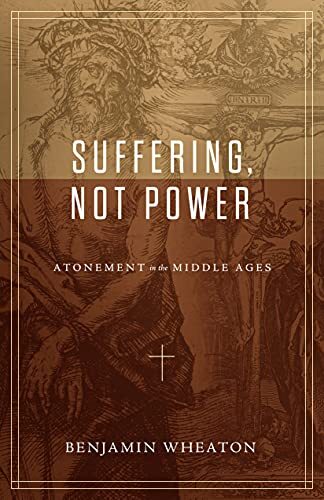Suffering Not Power
Suffering Not Power is backordered and will ship as soon as it is back in stock.
Couldn't load pickup availability
Care information
Care information
Display general product information or specific product information using metafields.
Delivery and Shipping
Delivery and Shipping
Add some general information about your delivery and shipping policies.
Highlight title
Text to highlight a key feature of your product
Description
Description
Atonement in the Middle Ages
Overturning a popular view of the atonement Was Christ's death a victory over death or a substitution for sin? Many today follow Gustav Aulén's Christus Victor view, which portrays Christ's death as primarily a ransom paid to the powers of evil and which, according to Aulén, reflected the beliefs of the early church. Aulén held that this ransom theory view dominated until Anselm reframed atonement as satisfaction and the Reformers reframed it as penal substitution. In Suffering, Not Power, Benjamin Wheaton challenges this common narrative that Christ's work of atonement was reframed by Anselm, showing that sacrificial and substitutionary language was common well before Anselm's Cur Deus Homo. Wheaton displays this through a careful analysis of three medieval theologians whose writings on the atonement are commonly overlooked: Caesarius of Arles, Haimo of Auxerre, and Dante Alighieri. These figures come from different times and contexts and wrote in different genres, but each spoke of Christ's death as a sacrifice of expiation and propitiation made by God to God. Let history speak for itself, read the evidence, and reconsider the church's belief in Christ's substitutionary death for sinners.
Payment & Security
Payment methods
Your payment information is processed securely. We do not store credit card details nor have access to your credit card information.
Product features
Use this section to highlight specific product features to your customers.
Product comparison grid
Add content here to explain a bit about the range of products on offer and which ones may be most suitable for your customers.




